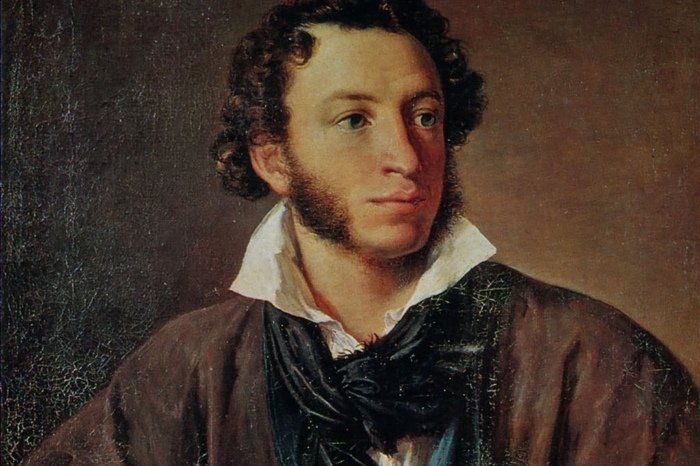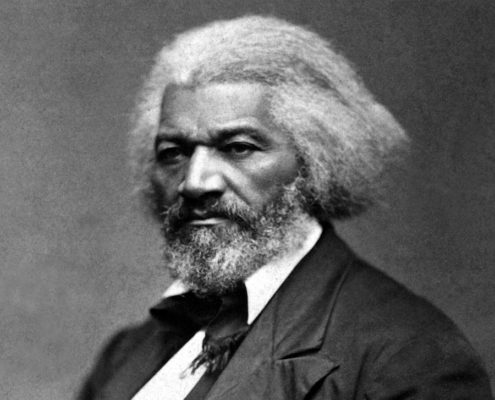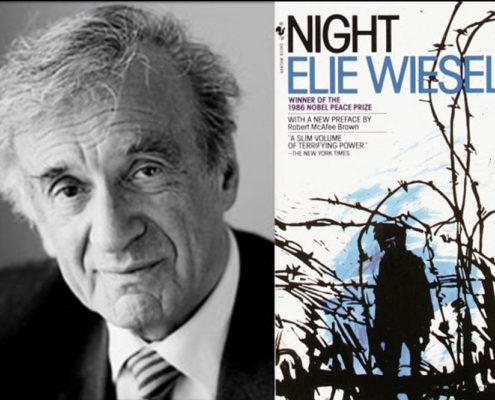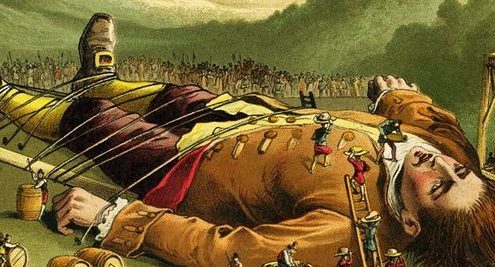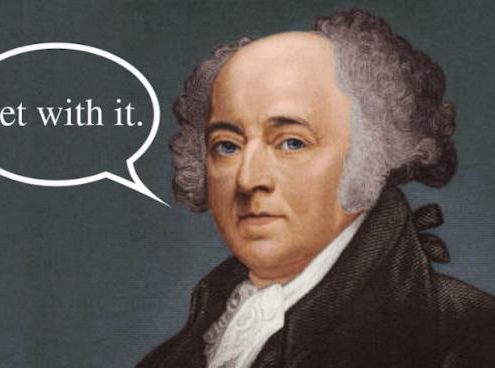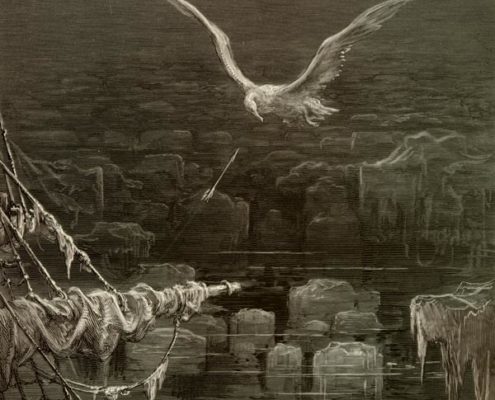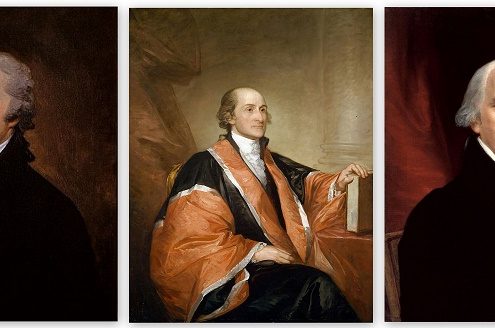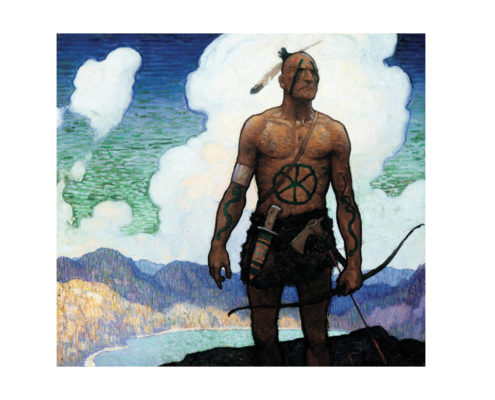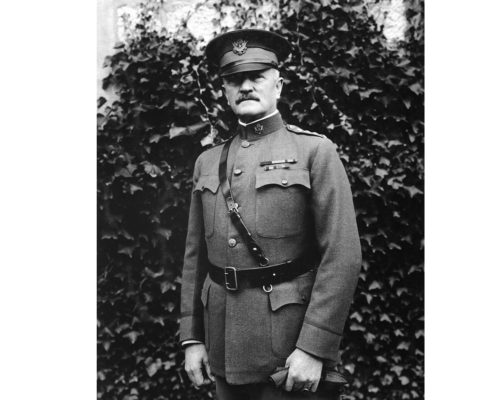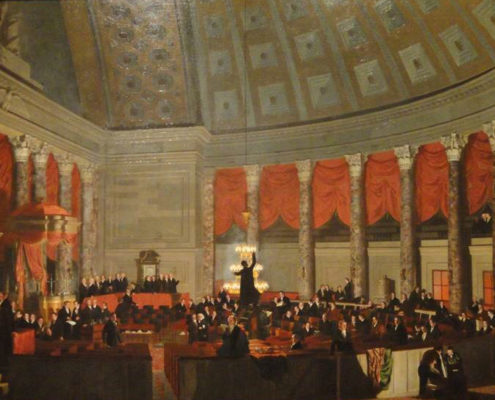Denying students the opportunity to study classic works of literature leads to a culture of mediocrity
This op-ed appeared in The Springfield Republican and The Lowell Sun
“Arise, O prophet, see and hear,
be filled with My will,
go forth over land and sea,
and set the hearts of men on fire with your Word.”
-Alexander Pushkin, “The Prophet” (1828)
June marks the 220th birthday of Pushkin, father of modern Russian literature and genius of early 19th-century Romantic poetry, fiction, and drama. Reflecting his profound spiritual depth, his universal poems capture the elusive Russian soul.
All the greatest Russian writers, among the most powerful in the Western canon – Turgenev, Dostoevsky, Tolstoy, Chekhov, Nabokov, and Solzhenitsyn – acknowledge Pushkin as their Shakespeare. We should, too.
Pushkin’s masterpieces include epic fairy tales like Ruslan and Ludmila (1820), the poems “Ode to Liberty” (1817) and “The Bronze Horseman” (1837), the verse novel Eugene Onegin (1833), and the play Boris Godunov (1831). His literary works were adapted into operas by celebrated Russian composers Glinka, Mussorgsky, and Tchaikovsky.
To Americans, Russia’s ruthless regimes of autocratic tsars, communist gulags, and Putin’s gangsterism have always seemed cold, secretive, and menacing. Paradoxically, Russian literature, mathematics, operas, and ballets — inspired by suffering under despotism — showcase an ever-flourishing love of excellence and beauty.
For centuries, Russian schoolchildren have recited Pushkin’s elegant fairy tales and have read Eugene Onegin. This is how a poet became the national hero of the “Land of the Firebird.”
Ruslan and Ludmila, the story of a warrior knight searching for his princess bride who has been kidnapped by a wicked wizard, begins:
“An oak tree greening by the ocean;
A golden chain about it wound:
Whereon a learned cat, in motion
Both day and night, will walk around;
On walking right, he sings a ditty;
On walking left, he tells a tale.”
Reading timeless folk poetry likely seems old-fashioned to us future-focused Americans, who pride ourselves on the practical, “real-world” application of ideas.
But American public education’s tedious commitment to empty, ineffective curricular fads, coupled with Hollywood’s soulless cartoonism, has produced decades of stagnant K-12 reading scores, and consigns too many students to cultural serfdom.
Alexander Pushkin’s great-grandfather, Abram Petrovich Gannibal – a black slave who was abducted from Africa during childhood – became Russian Tsar Peter the Great’s servant and later adopted godson. Gannibal went on to become an accomplished 18th-century engineer, general, and nobleman. He’s the subject of The Moor of Peter the Great (1837), the unfinished novel Pushkin was writing when he died.
Pushkin’s own fleeting but passionate life, filled with court intrigues, liberal revolutionaries, censorship and exile, beautiful women, and 29 duels, was itself worthy of a Russian novel. Perhaps this is why his poetry embodies the spirit of his civilization.
Our own society and educational institutions need to do some serious soul-searching about what constitutes culture and the education of the young. Since the classics of Western literature have largely been discarded from the school curriculum, our children are left with a shallow mixture of graphic novels, pop culture, smart phones, and video games. Reading Tolstoy’s War and Peace may be too much to ask, but young minds simply cannot be sustained by trendy trivialities.
“[Pushkin] mightily aids us in our dark way by a new guiding light,” Fyodor Dostoevsky said in June 1880. “In this he was a seer, in this a prophet.”
Eugene Onegin is Pushkin’s most influential work, the story of a talented young aristocrat whose boredom is derived from his selfish and careless lifestyle. Ultimately, this “superfluous man” kills his poet friend in a duel. The novel eerily foreshadows Pushkin’s own untimely death in a wintry pistol fight, while defending the honor of his flirtatious wife.
Pushkin’s June birthdate was designated Russian Language Day. Unfortunately, his enchanting fairy tales and brilliant poems are far removed from the lives of American kids. We cannot exile to Siberia the education bureaucrats and entrenched special interests that obstruct intellectual substance in our public schools, but can we change course?
“It is better to have dreamed a thousand dreams that never were,” Pushkin counselled, “than never to have dreamed at all.”
If K-12 education can once again serve as a culturally regenerating force in the lives of American students, then our entire society would benefit from the prophetic literary wisdom of great poets like Alexander Pushkin.
Stay Connected!
Recent Research:

